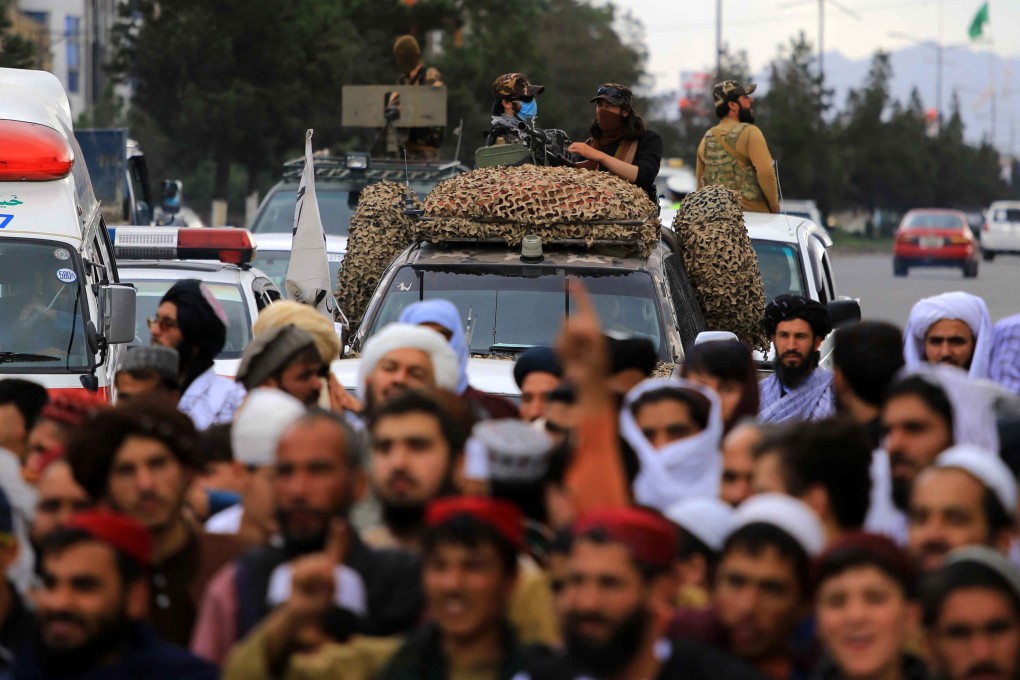Opinion | Al-Qaeda leader Zawahiri is dead, but Afghanistan terror threat remains a global concern
- The presence of Ayman al-Zawahiri in the heart of Kabul casts severe doubt on the Taliban’s pledge that the country will not be a haven for terrorists
- Whether the Taliban limits itself to austere Islamist domestic policies or involves itself in external jihadist politics may depend on the winners and losers of the Zawahiri affair

The Taliban government’s claim that it had “no information about Ayman al-Zawahiri’s arrival and stay in Kabul” convinced few. It is impossible that he moved to Kabul and took up residence in a prestigious area that had been full of international embassies before the US withdrawal, without knowledge at the highest level.
However, some elements of the Taliban elite were seemingly fully aware but may have been keeping the information from rival Taliban leaders and their factions. If true, this means key elements of the current administration remain determined to reinvigorate and rebuild al-Qaeda, or its next iteration, even if the Taliban government formally opposes this.
Suspicion has therefore fallen on the Haqqani network – designated by the US as a terror group – and its leader, interior minister and public face of the Taliban, Sirajuddin Haqqani.
